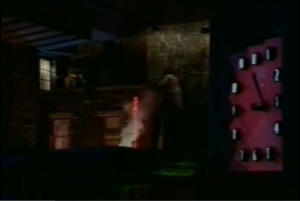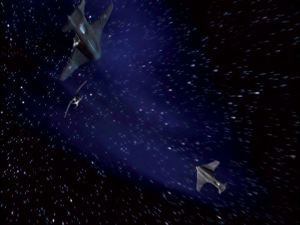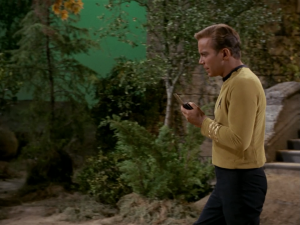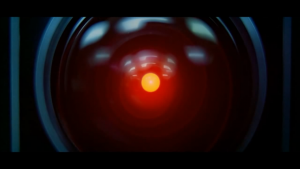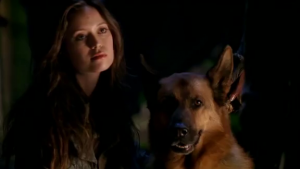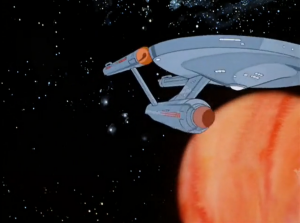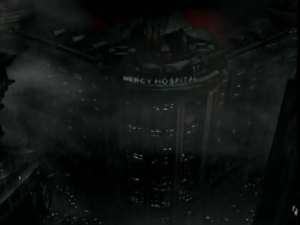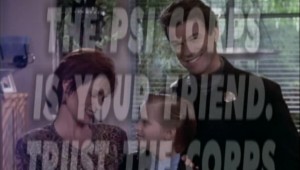What Could Have Been: Babylon 5: Crusade Season 2
- March 30th, 2015
- Write comment
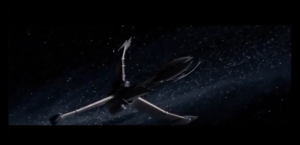 With Babylon 5 standing as one of the crowning achievements of serialized television in the 90’s, it’s no surprise that it eventually got a spinoff. And Joe Michael Straczynski (henceforth, JMS) had plans that were just as big–a full five season arc, just like Babylon 5 had. Babylon 5 always painted itself as the “anti-Star Trek,” so I think many people were surprised to see it branching out into spinoffs in the same way as that franchise. Unfortunately, TNT executives had little patience or understanding as to what they’d signed up for and didn’t give the show a chance to finish, killing it after only 13 episodes (heck, before they’d even aired). So once again we’re left to examine what could have been: Crusade season 2.
With Babylon 5 standing as one of the crowning achievements of serialized television in the 90’s, it’s no surprise that it eventually got a spinoff. And Joe Michael Straczynski (henceforth, JMS) had plans that were just as big–a full five season arc, just like Babylon 5 had. Babylon 5 always painted itself as the “anti-Star Trek,” so I think many people were surprised to see it branching out into spinoffs in the same way as that franchise. Unfortunately, TNT executives had little patience or understanding as to what they’d signed up for and didn’t give the show a chance to finish, killing it after only 13 episodes (heck, before they’d even aired). So once again we’re left to examine what could have been: Crusade season 2.

